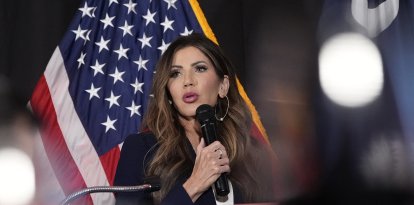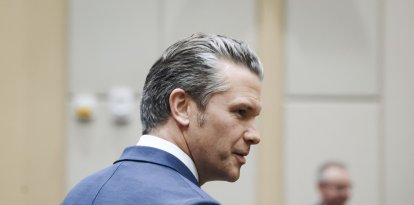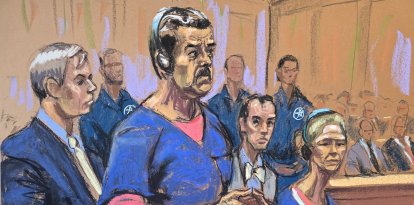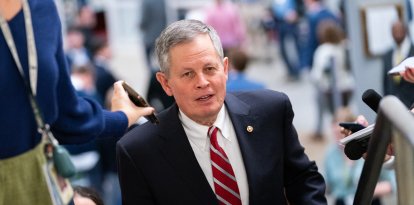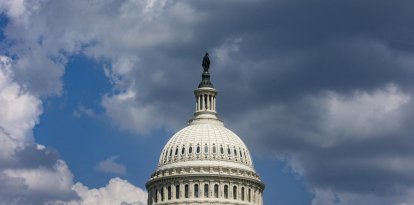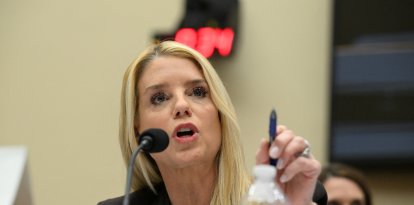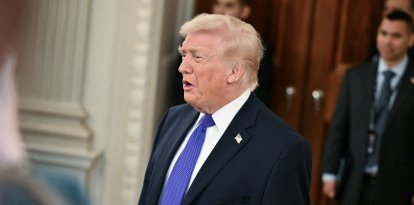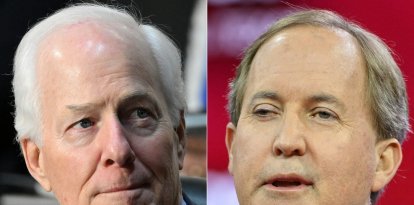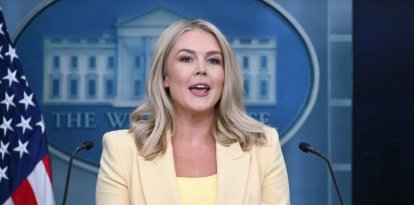Hegseth restricts press access at Pentagon
The defense secretary says there will be "additional credentialing procedures for press at the Pentagon in the interest of national security."
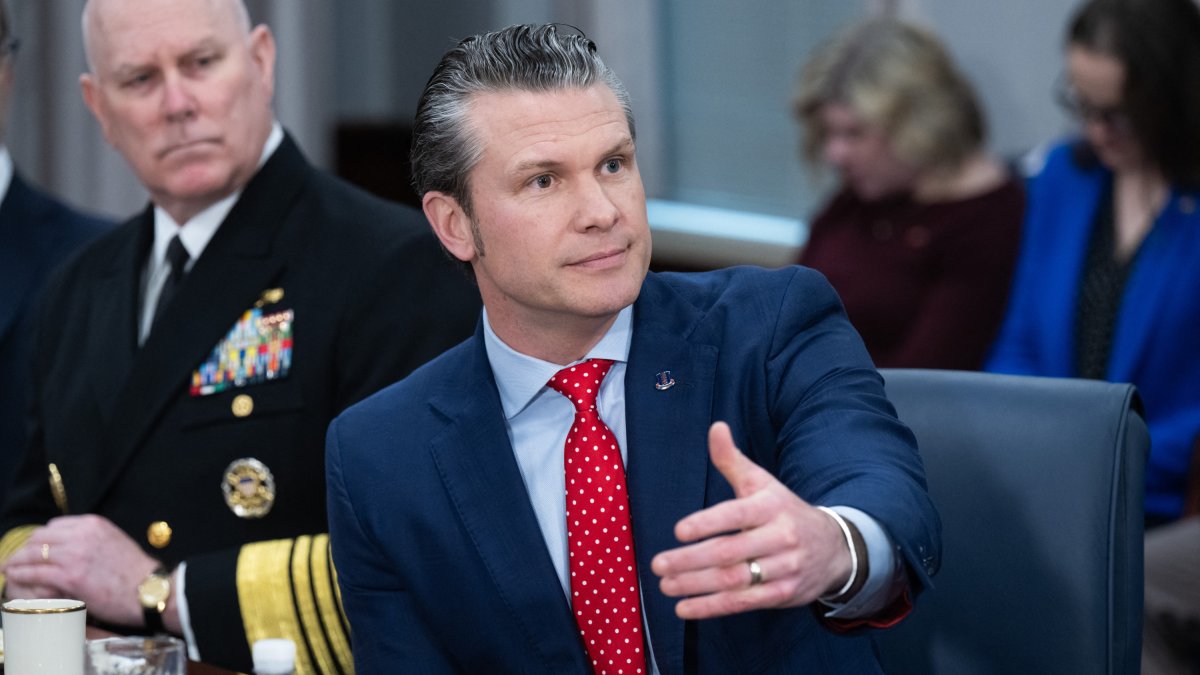
Defense Secretary Pete Hegseth
Defense Secretary Pete Hegseth on Friday imposed a series of press restrictions that include barring journalists from entering large areas of the Pentagon without a government escort.
The new restricted areas include his office and those of his principal aides as well as all Pentagon locations where the Army, the Air Force, the Navy, the Marine Corps and the Space Forces have press offices, per the AP.
In a post on X, Hegseth announced "additional credentialing procedures for press at the Pentagon in the interest of national security."
The order issued describes the protection of classified national intelligence and sensitive unclassified operational security information as "an unwavering imperative for the Department."
"While the department remains committed to transparency, the department is equally obligated to protect [classified intelligence information] and sensitive information, the unauthorized disclosure of which could put the lives of U.S. service members in danger," the statement reiterates.
"We also anticipate a forthcoming announcement of additional security measures and enhanced scrutiny on the issuance of [credentials]," the order specifies. "Failure by any member of the resident or visiting press to comply with these control measures will result in further restrictions and possibly revocation of press credentials."
According to the AP, the media will also be barred from accessing the offices of senior Pentagon military commanders, including Chairman of the Joint Chiefs of Staff Gen. Dan Caine, without Hegseth's approval and the escort of his aides.
Signal's messages
In that group, Hegseth began giving live updates on the status of a strike mission by U.S. forces against Houthi positions in Yemen.
The leaks caused controversy and uproar in what was the new administration's first serious public optics issue.













